Why it is important to engage in conversations with different minded individuals
Activities like SDLC, community read, Mr. Marron’s Sunday chapel, and debate encourage open conversations across different individuals.
On Sunday October 11th, Webbies gathered in virtual Chapel to listen to Dylan Marron, an award-winning digital content creator, speak about the importance of empathy and open, brave discussions. Throughout his talk, the podcaster sprinkled mean-spirited tweets that he converted into ten teaching points for mindful discussions.
“I learned [from the Sunday Chapel] that people with opposite opinions are human too,” said Eleanor Hong (‘24). “So are the haters online, and they all have their own stories, ideas and opinions…. In the interviews, it really showed me that people are still willing to change, and to acknowledge other people’s existence.”
Webb advocates for free speech and respectful discussions by inviting speakers Rosetta Lee and supporting activities like debate and Let’s Talk Club, celebrating the importance of engaging in open conversations that foster empathy and understanding despite existing differences.
Connecting different people as global citizens in a collective, cohesive community instead of separate ones in a divisive community, Marron’s talk has inspired Webb students to proactively communicate with different-minded individuals. It is always easier to communicate with the ones that agree with us than with individuals with different and even disagreeing opinions. However, it is the difficult conversations that can push us outside of our comfort zones of our echo-chambers and silos—things that reinforce our preconceptions, beliefs, and even stereotypes.
Mr. Marron’s interviews demonstrate the possibilities of change and acceptance of different opinions. If people cling to their original biases and refuse to even hear the voice of those who think and act differently, they are missing the opportunity to establish valuable connections with others and find common grounds and the potential better changes. Open conversations where participants voice their beliefs and patiently and respectfully listen to others’ positions can foster understanding and empathy among different groups of people. Participants can use the opportunities to challenge their own biases and preconceptions.
“In a way, the conversations over the phone he showed us during the meeting were reminiscent of the late Ruth Bader Ginsberg and her friendship with the late Justice Scalia,” said Eleanor. “Two people, of completely opposite ideas and opinions coming together and just talking, realizing that the voice on the other end of the phone is a living, breathing human being just like themselves.”
Unwilling to step out of the comfort zones and challenge conformity, many people silence their voices in the discussion of contentious topics, allowing the popular opinions to dominate. Under a time of growing political polarization, the ability to accept differences and understand others respectively has become extremely important. Open conversations can not only help people improve at an individual level but also help safeguard diverse and inclusive communities. Ultimately, we need to not only foster an inclusive community, but also preserve diverse political voices and opinions.
As a long-time advocate of diversity, Webb annually sends a group of students to the Student Diversity Leadership Conference (SDLC), an event that pulls together leaders from various backgrounds. Webb has encouraged SDLC participation and its effects have been evident.
“Having conversations in such a diverse room of people at SDLC really educated me by allowing me to see that there is value in diversity of thought,” said Bella Llorens (‘22). “Previously, I had been surrounding myself with people who thought just like me which made me comfortable and honestly, stunted my activism. Learning to truly value and listen to different opinions or approaches really help me because I realized that activism is an ongoing process. I will constantly be learning from others and refining my activism in order to promote social just and equity.”
Not only do open conversations foster empathy, it also broadens the horizons for many students. Exposed to different perspectives with very real experiences to back it up, students see issues from a different light and can actively develop their own political perspective on societal problems.
“Conversations enable us to talk about firsthand experiences as marginalized people or how we can use our different privileges to build a better future,” said Abbie Oh Arroyo (‘21). “Though we can never fully comprehend one’s struggle, listening creates empathy and awareness about different issues people face from a first-person perspective. We learn to stand with each other and amplify the voices of those who are minoritized.”
To further aid the development of political perspectives, Webb also has a debate program. The debate activity aligns with the overall themes Webb looks to uphold: a strong, diverse, and open-minded community.
“I think so often in our hyper-partisan political environment and society, we refuse to listen to the views of others. Though debate obviously is built off of arguments and clash, it is helpful because it allows debaters to gain insight on multiple perspectives,” said debate captain Elena Tiedens (‘21). “As a debater, sometimes you have to argue for the side of a topic that you wouldn’t choose or automatically agree with, but debate is valuable because you learn to understand the various sides of an argument or issue.”
As shown through channels like most recent Sunday chapel, SDLC, debate programs, and other activities, the Webb community strives for an empathetic environment. As students, we should never comfortably sit back, hold on to our beliefs and political views and refuse to hear the voices of individuals who disagree. Certainly, the fear of being targeted and judged for your opinion is very valid, but in order to prevent further political polarization and biases in the world of politics, we need to start from being good listeners and open conversation advocates, respecting differences and pursuing inclusion and understanding through conversations.
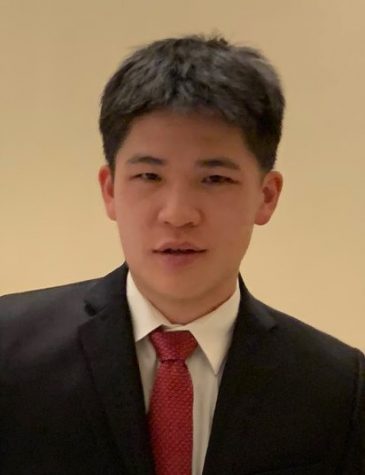
Yiyi Ouyang (‘21), out of Diamond Bar, CA enters his senior year as Webb Canyon Chronicle’s Editor of Opinions. Besides his leadership role on the...
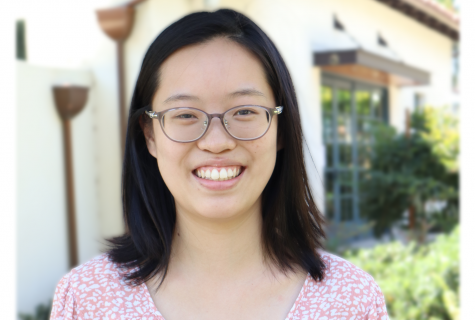
Sunny Yu (‘22) is a prime example of the protagonist personality. As a natural leader, she is active, thoughtful, caring, and serves as the Editor-in-Chief...


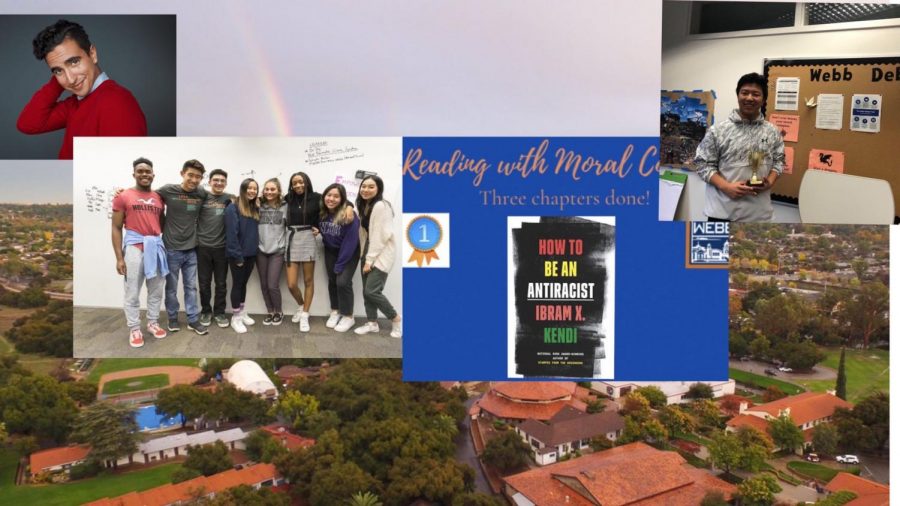

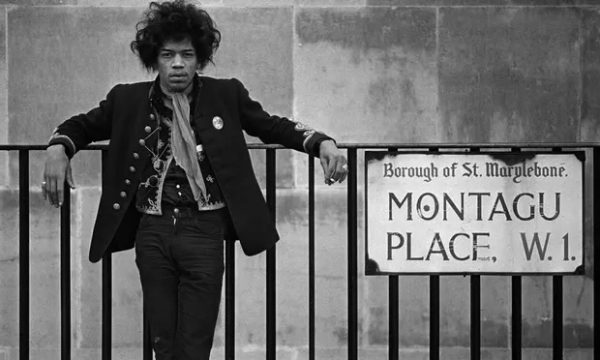
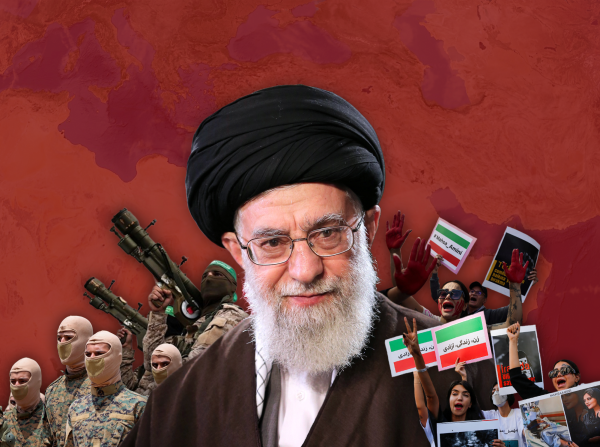
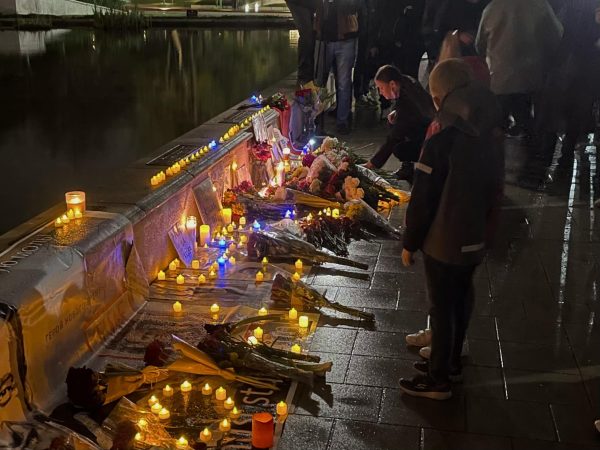
![Student loan borrowers rally near the White House for Joe Biden to cancel all student loans. Biden, pictured left, is troubled with diminishing popularity with youth as he fails to forgive all students loans as he had promised. “[Biden] kind of fumbled things even though he tried with student loan forgiveness,” said Cory Warren, humanities department faculty. “That was [the] number one campaign promise to get the youth vote.” Whether it is student loans, age, or foreign policy, what, ultimately, drives away the youth vote for Biden?](https://webbcanyonchronicle.com/wp-content/uploads/2024/03/Duan-biden-popularity-600x338.jpeg)
